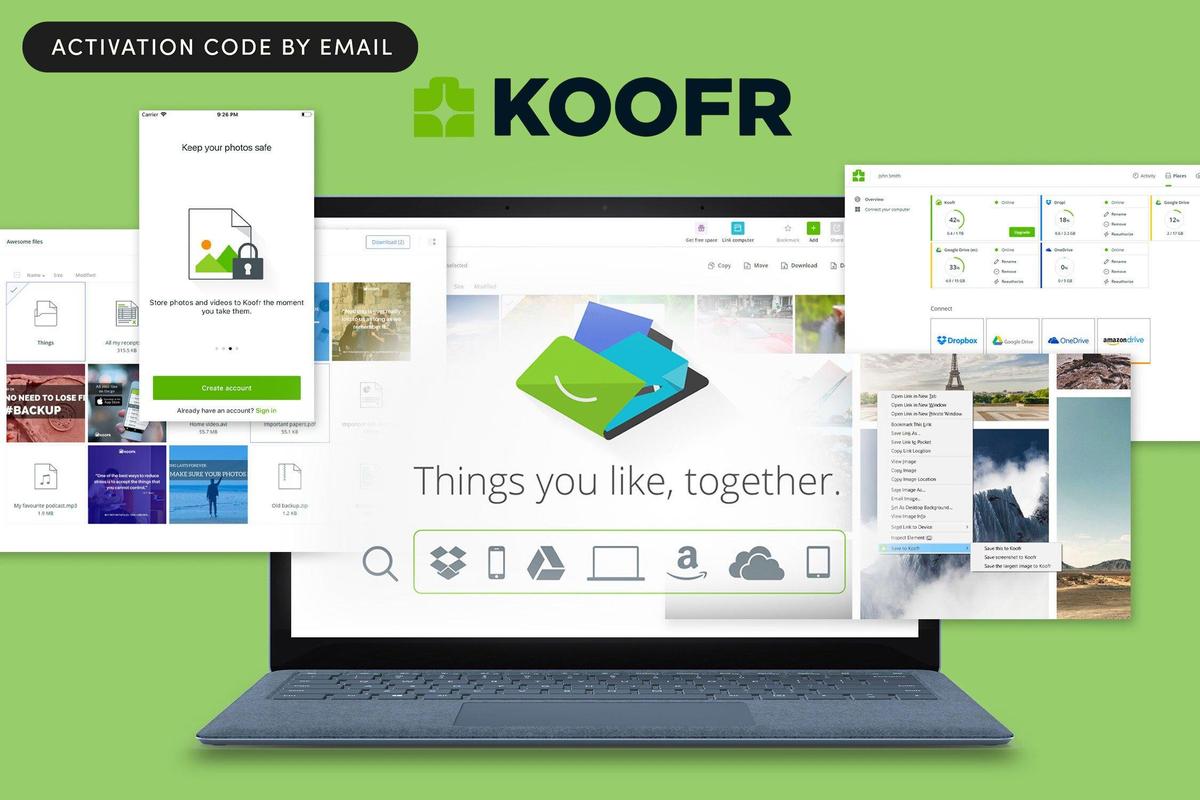Amazon’s Project Pulse: Could Your Next Delivery Save a Life?
Amazon’s Project Pulse: Could Your Next Delivery Save a Life?
Amazon, a name synonymous with online shopping and rapid delivery, is quietly undergoing a transformation. Beyond its retail dominance, the tech giant is making significant strides in the healthcare sector, and its ambitious plans could literally be a lifesaver. This isn’t about drones delivering medication; it’s about leveraging Amazon’s extensive logistics network to provide immediate emergency medical assistance.
From Packages to Life-Saving Interventions
In a fascinating development reported by Bloomberg, Amazon conducted a pilot program in 2023 called Project Pulse. This initiative equipped a select number of its delivery vans with Automated External Defibrillators (AEDs) and provided training to its drivers in their use. The implications are profound: everyday delivery drivers, already traversing communities across the country, could become first responders in critical situations.
The Potential Impact of Project Pulse
The potential impact of Project Pulse is significant. Sudden cardiac arrest (SCA) is a leading cause of death, and immediate defibrillation is crucial for survival. The time between cardiac arrest and the arrival of emergency medical services (EMS) can be critical, often exceeding the crucial window for successful resuscitation. Project Pulse aims to bridge this gap, placing potentially life-saving equipment and trained personnel strategically within communities.
Speed and Accessibility are Key
Amazon’s vast delivery network offers a unique advantage. Delivery drivers are frequently in close proximity to residential areas and often arrive at scenes of emergencies before paramedics. Imagine a scenario where someone suffers a sudden cardiac arrest while alone at home. A passing Amazon driver, equipped with an AED and the training to use it, could arrive within minutes, dramatically increasing the chances of survival.
Beyond the AED: A Broader Vision?
While the AED initiative is a significant step, Project Pulse hints at a broader vision for Amazon’s role in healthcare. This pilot program represents a strategic move to leverage existing infrastructure and personnel to address critical healthcare needs. The success of Project Pulse could pave the way for expanded initiatives, potentially involving:
- Expanded training: Equipping drivers with more extensive first-aid and emergency response training.
- Wider deployment: Rolling out Project Pulse to a larger portion of Amazon’s delivery fleet.
- Integration with emergency services: Developing systems to seamlessly integrate Amazon drivers with local EMS.
- Data-driven insights: Utilizing data collected during the program to optimize response times and improve outcomes.
Challenges and Considerations
While the potential benefits are substantial, Project Pulse also presents challenges. Legal liability, driver training and certification, equipment maintenance, and data privacy are all important considerations. Ensuring proper training and clear protocols is essential to prevent misuse or accidental harm. The program needs to be carefully designed and implemented to avoid overburdening drivers and maintain safety standards.
The Future of Healthcare Delivery
Project Pulse represents a fascinating intersection of technology, logistics, and healthcare. It challenges traditional approaches to emergency medical response, highlighting the potential of unconventional partnerships to improve outcomes. If successful, this initiative could transform the way we think about emergency care, demonstrating the power of integrating existing resources to address critical public health challenges.
Conclusion: A Delivery of Hope
Amazon’s Project Pulse is more than just a pilot program; it’s a bold experiment with the potential to save lives. By leveraging its existing infrastructure and workforce, Amazon is exploring a new frontier in healthcare delivery, one that could redefine emergency response and improve community health. While challenges remain, the potential benefits are too significant to ignore. The future may hold a day where the familiar sound of an Amazon delivery van brings not just a package, but a lifeline.
Source: TechCrunch



